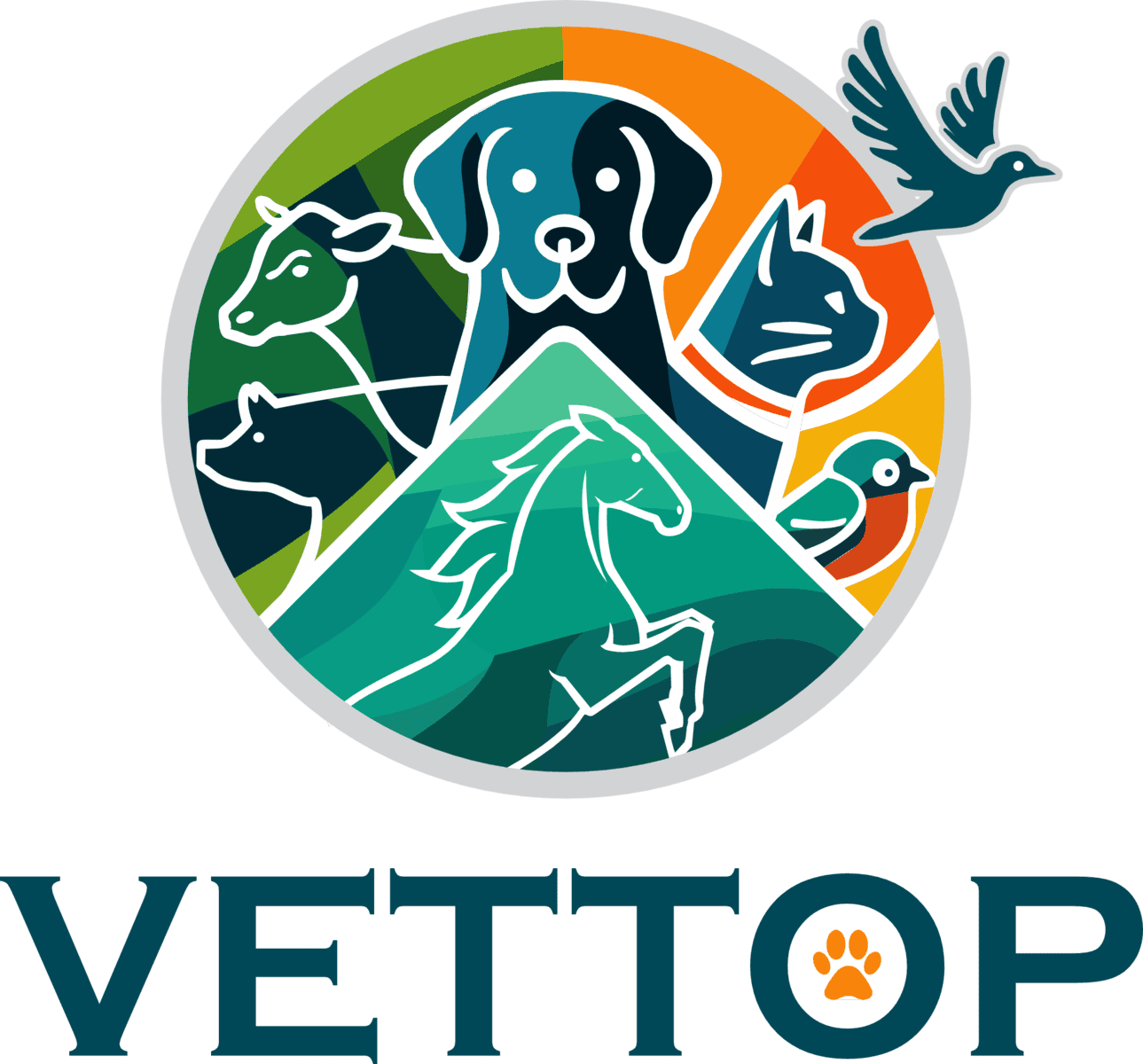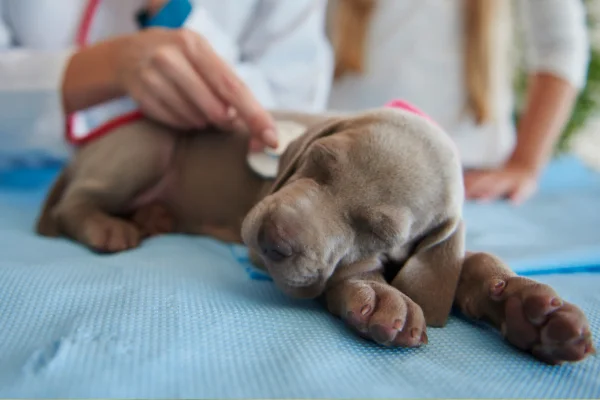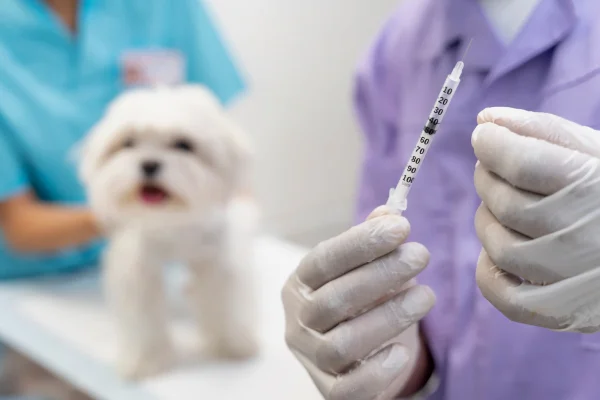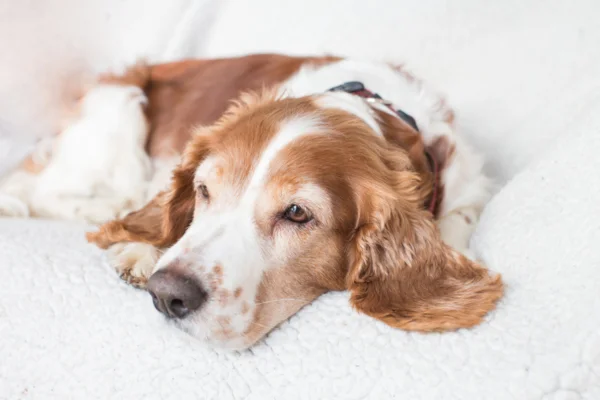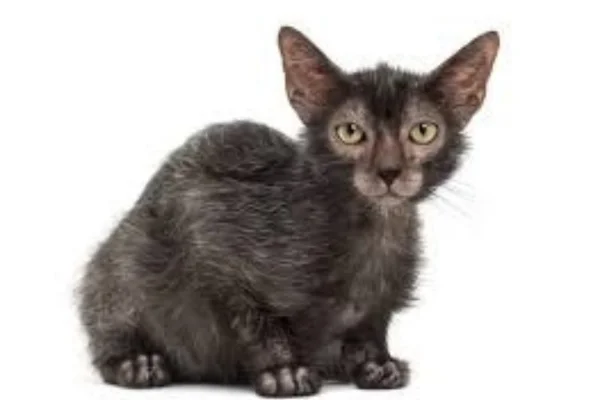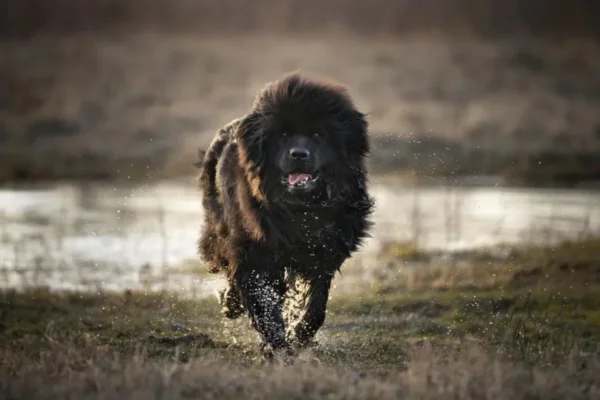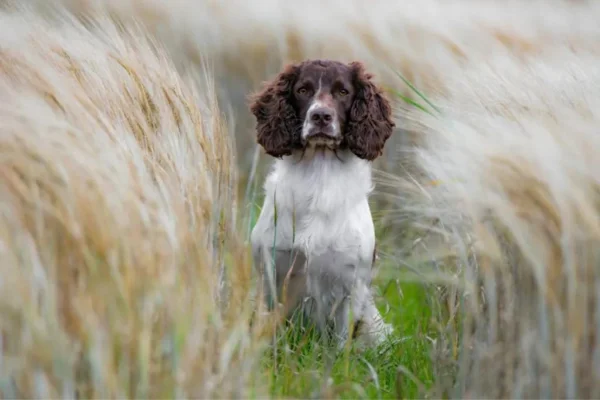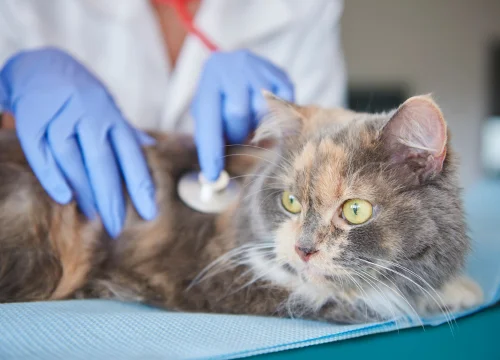Parvovirus in Dogs: Origins, Prevention and Treatment Options
Description:
Find out all about Parvovirosis in Dogs, including its origin, prevention methods and treatment options. Keep your furry friend healthy by reading our informative guide.
Introduction
Parvovirus in Dogs is a serious disease that can affect our furry friends. In this guide, we'll explore the origin of this disease, how to prevent it and the treatment options available. Keeping your dog healthy is a priority for all pet owners, and understanding Parvovirus is key to ensuring a long and happy life for your canine companion.
Parvovirus in Dogs: A Silent Threat
Parvovirus in Dogs is a highly contagious viral disease that mainly affects young, unvaccinated dogs. This disease can be fatal if not treated in time. Below, we'll cover each aspect of Parvovirosis in detail.
Contents
Origins of Parvovirus in Dogs
Canine parvovirus has a viral origin. It was first discovered in the 1970s and has since spread globally. The Parvovirus is resistant and can survive in the environment for months, making it highly contagious.
Vaccines:
Of course, I'm going to list the vaccines that help prevent Parvovirus in dogs:
- V8 and V10 vaccines: These vaccines are essential for preventing Parvovirus in dogs. They also protect against other diseases such as distemper, canine hepatitis and leptospirosis.
- V11 vaccine: The V11 vaccine is an improved version of the V8 and V10, offering more comprehensive protection against Parvovirus and other diseases.
- Anti-rabies vaccine: Although the rabies vaccine is best known for preventing rabies, it is also effective against Parvovirus in dogs. It is important to keep the rabies vaccination up to date.
- Triple vaccine: The triple vaccine is a combination of vaccines that includes protection against Parvovirus, distemper and canine hepatitis. It's a convenient option for keeping your dog healthy.
Parvovirus prevention
Prevention is the key to keeping your dog safe. Vaccinating your dog against Parvovirus is essential. Make sure your puppy receives all the recommended vaccination doses, following the schedule provided by your vet. Also, avoid areas where the disease may be more prevalent.
Treatment options
If you suspect that your dog is infected with Parvovirus, consult a veterinarian immediately. Early treatment is essential for recovery. Treatments can include intravenous hydration, antibiotics and supportive therapy. Treatment is intensive and can be expensive, so prevention is always the best option.
Frequently Asked Questions
Here are some frequently asked questions about Parvovirus in dogs, answered in detail to ensure you have all the information you need.
What is the origin of the Parvovirus in dogs?
The canine parvovirus is a variant of the feline parvovirus. It was first identified in the 1970s and has since spread globally, mainly affecting young, unvaccinated dogs.
What are the symptoms of Parvovirus in dogs?
Symptoms include vomiting, bloody diarrhea, loss of appetite, lethargy and dehydration. If your dog shows these symptoms, see a vet immediately.
How is Parvovirus transmitted in dogs?
Parvovirosis is highly contagious and can be transmitted from dog to dog through contaminated feces. It can also be carried on objects, clothes and shoes of people who have had contact with infected dogs.
How can I protect my dog from Parvovirus?
The best way to protect your dog is to vaccinate him according to the schedule recommended by your vet. Avoid areas where the disease is known to be prevalent.
What is the survival rate of Parvovirus in dogs?
The survival rate depends on how quickly treatment is started. With proper and timely treatment, many dogs recover completely. However, without treatment, the mortality rate is high.
Does Parvovirus in dogs affect humans?
No, canine parvovirus does not affect humans. It is a disease that exclusively affects dogs.
Conclusion
Parvovirosis in Dogs is a serious disease that can be avoided with proper vaccination and precautions. Be aware of the symptoms and consult a vet if you suspect your dog is infected. With proper treatment, many dogs recover successfully. Remember, prevention is the best way to protect your four-legged friend.
If you liked our article, please leave a comment.
https://cuidar.petlove.com.br/coleira-anti-pulgas-coveli-bullcat-para-gatos-3102801/p?sku=3102801
Thanks for stopping by, check out our other work too
https://cuidar.petlove.com.br/anti-helmintico-chemitec-chemital-para-gatos/p?sku=2344000
https://vettopbr.com/tosse-em-caes/
